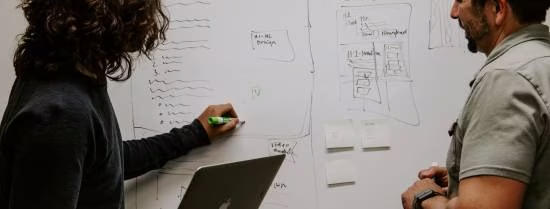
What are we researching?
Organisations react and anticipate developments in society. This leads to new organisational forms and ways of working, such as platform work, self-managing teams, and work that can be done anywhere and anytime. How are public and private organisations changing, and what consequences does this have for workers, citizens and organisational outcomes?
Why are we doing this research?
We do not yet know the consequences of the new ways of working and the new forms of organisation. What works and what doesn't for different groups of workers and organisations, and under what conditions? We start from a contextual approach in which we look at the individual, team, organisation and sector level, at society as a whole and at how these different contexts interact. There is attention for innovation and performance of private and public organisations, issues around HRM, leadership, diversity and inclusion, work-life balance, sustainable employability and self-managing teams. We use different research methods: (longitudinal) qualitative and quantitative research (questionnaires and experiments).
How are we doing this research?
We use different research methods: (longitudinal) qualitative and quantitative research (questionnaires and experiments).
How does our research make an impact?
The research results in this area can be used in organisational change, HRM policy, leadership and government policy in the field of work and organisation. Representatives of organisations, employees and the government benefit from this research because they can implement informed changes in the design and management of organisations. An important starting point in this respect is that the knowledge economy requires organisations to learn and continue learning. This is expressed both in the organisation's learning capacity as a whole (having an idea of what works and what does not) and for individual employees (through training and learning on the shop floor). The government can play a supporting role here, for example, by bringing organisations together at the municipal level and exchanging best practices.
